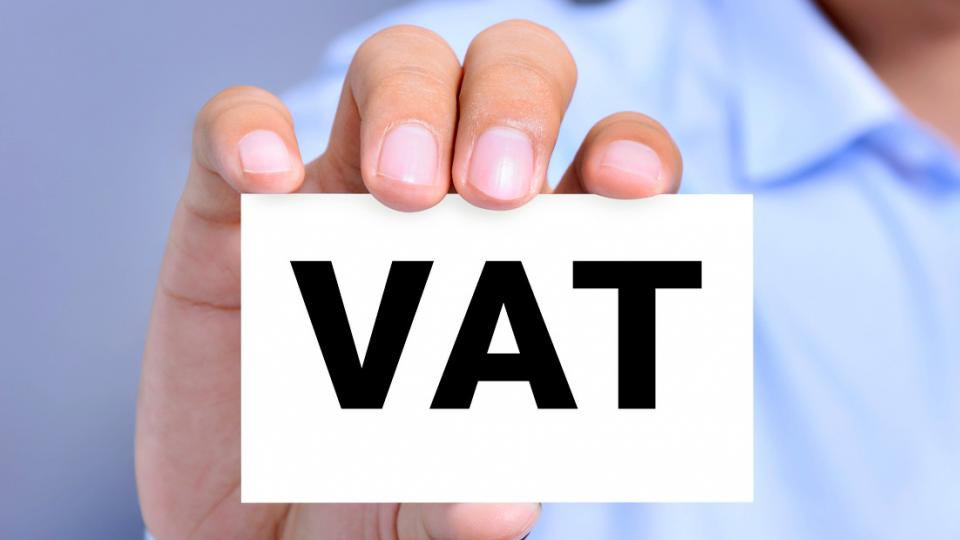Value Added Tax is an indirect tax and is popularly known as Goods and Service Tax (GST). It is governed by Central Government and is implemented on the value of goods and services. There are different kinds of VAT and are applicable to different categories as prescribed under the applicable regulatory Acts and provisions.
Method of implementation:-
VAT is applied on a product or a manufactured good at every stage of production and is paid by the final consumer at the time of sale of that good. The manufacturer pays the VAT at the time of purchase of raw materials and at other stages of purchase as required in the manufacturing of that product. At last, the manufacturer totals the sum of all the taxes paid at each stage of production and include it in the final value of the manufactured good/product. It is the final consumer who is liable to bear the burden of total VAT.
What is the process of registration under VAT?:-
VAT registration is subject to the terms and conditions set under state policies. Every business who meets the threshold limit set by state policies is compulsorily required to apply for registration under VAT. This is applicable on suppliers, manufacturers, service providers etc. who intend to supply their goods and services to other buyers. In general, the minimum turnover for registration is over and above Rs.5 Lakhs.
1.The registration under VAT involves certain benefits and these benefits can be enjoyed by the registered business/company in following ways:-
2. A person who voluntarily applies for registration and gets self registered, is entitled to VAT deduction for trading of raw material for its business.
3.Registration ensures legality and credibility in the eyes of buyer, authorities and government.
4.A person is entitled to get VAT refunds and VAT credits on Inputs purchased by the manufacturer.
What is the procedure of VAT returns?:-
The VAT returns are filed in half yearly periods and on specified dates. For the first half year starting from April to September, it must be filed on or before 25 th October. For the Second half year i.e. October to March, it must be filed on or before 25 th April. In case of monthly VAT payment returns, returns are outstanding on 20 th of the subsequent month after the pertaining month. For example: If VAT is paid for the month of April, then, due date of return for that month stands up till 20 th May.
The businesses can file the VAT returns by both online as well as offline modes.
A glimpse on VAT payments and mode of payment:
1. According to the Act, businesses must pay the tax returns before the 20 th day of the month after the end of each 2 monthly taxable period. For instance: January/February, March April etc.
2.In case, the bi-monthly VAT liability is equivalent to Rs.50, 000, then the business has the option to pay VAT direct debit in periodic monthly sections. A service provider or a person having recurrent occupation can deviate its monthly paid expenses in order to redirect its cash flows.
3. In case the companies are using e-mode to file their revenues and expenditures, then last date for paying VAT expenses is 25 th day of the first month starting from the end of tax payable period.
4.Payment via e-filing is possible only after opening a bank account and applying for net banking facility with the bank.
5.The other way is to access the approved website of the banks as prescribed and make the e-payment via debit or credit card.
Implementation of VAT has enhanced tax compliances for the businesses and has increased government revenue. It is extremely essential for the businesses to follow the compliances and file the tax returns on time in order to avoid penalties and avail benefits of VAT. Now, the Government of India is planning to adopt a uniform GST probably by next year, which will unite all the indirect taxes under one uniform tax.
Its implementation can reduce tax compliance formalities, documentation and procedures to a certain extent.
More legal advice on Property , divorce or other legal matters. Visit our Q&A or our blog on legal matters.

